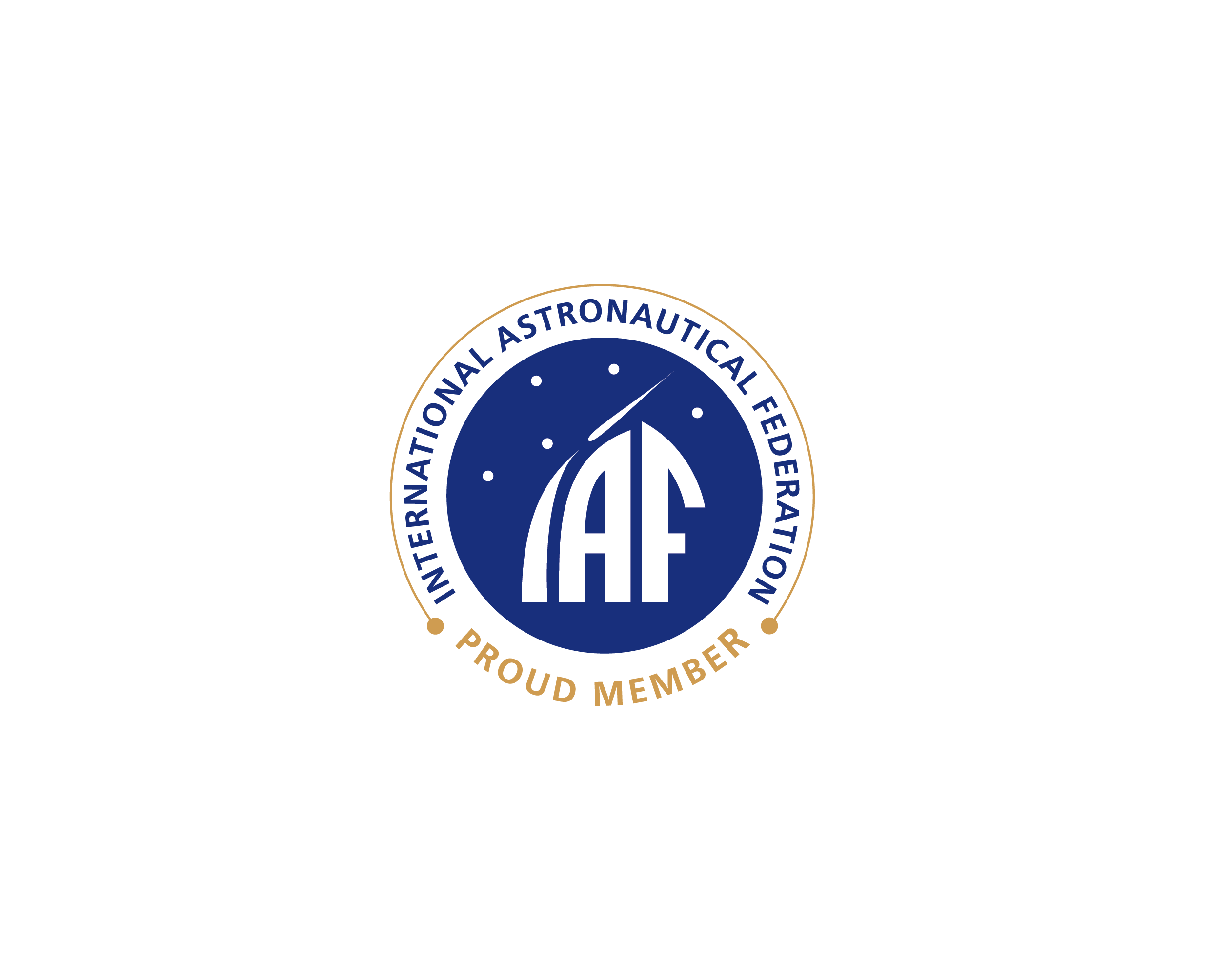
Technology & Innovation Zone Space
As part of the Technology and Innovation Zone, the Space cluster will work with industry partners to assist with space research, knowledge exchange and training activities.
The cluster has been created to provide a single entry point to space-related activity at the University of Strathclyde. The cluster will build on Strathclyde's strengths in space-related research and expertise that involve a number of academics across faculties and departments. While building on existing partnership agreements with industry partners and collaborators.
What is the space industry?
Space is a part of our daily lives more than you might realise. Research gained from the space industry is utilised by a number of sectors and industries. The space industry has gone through significant growth in recent years with the majority of work taking place in space science and space technologies. The UK space sector is one of the largest contributors to the European Space Agency (ESA).
How does the space sector improve our lives?
The space sector adds to our daily lives in a number of ways you might not have been aware of. Whether it is the satellites that circle the world to help provide more accurate weather reports and help monitor the climate every day or technologies monitoring deforestation and illegal fishing.
Research taking place in orbit, for example on the International Space Station, is also helping scientists to expand our understanding of health and material science, robotics and more.
How does the space sector interact with other sectors?
The space sector is already well established in our lives through global navigation, meteorology forecast, satellite telecommunication, and TV broadcasting. But there are other industries where space is supporting the development and enabling new products and services. Maritime and AIS tracking, environmental monitoring, smart farming, aquaculture future-proofing, location-based apps, satellite imagery for offshore assets are just some of the ways in which space is interacting with other sectors.
How can I work with the Space cluster?
The University of Strathclyde offers a unique proposition. As a technology focussed University and a ‘place of useful learning’, the University of Strathclyde has a breadth of technical expertise in space technologies that can accelerate your business innovation. With technology as our focus, we have the ability to apply this across various research areas, business uses and sectors.
Please see our areas of expertise below. However, if you are not sure what expertise you are looking for exactly or you think there is an opportunity to collaborate with space, please email space
Small satellite technology & engineering
- Payload development and integration
- Smallsat capability, sensor design and data applications
- Flight dynamics; design, modelling and control of constellations
- Mission analysis and astrodynamics
- Radiation modelling and testing
Space safety & sustainability
- Resilience in complex systems and Resilience Engineering
- Space Environment Management (SEM)
- Detection of space debris
- Deorbiting of space assets and design for demise
- LCA and design for sustainability
Space mechatronics, robotics & autonomy
- Space robotics and autonomy
- On orbit servicing
- On board autonomy and intelligent control
- AI for system design and operations
- Automated assembly and manufacturing for space systems supported
Earth observation & data analysis
- Signal and image processing
- Multispectral imaging
- Machine Learning for remote sensing applications
- Satellite data analysis
- Applications in: Energy sector, Ocean and artic environments and climate change
We are a new company, and have found it a brilliant experience working with the cluster, the university are great to work with and companies should work with them if they can.
Paul Duddy, Managing Director, Hypervine
Read more about our research groups
International Astronautical Federation
The University of Strathclyde is a member of the International Astronautical Federation - the world’s leading space advocacy body that advances space research and supports the development and application of space assets around the globe.
